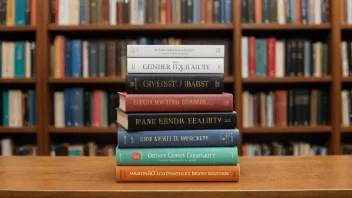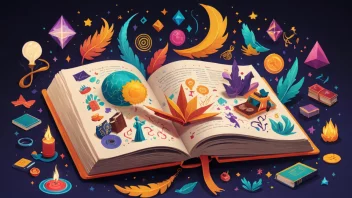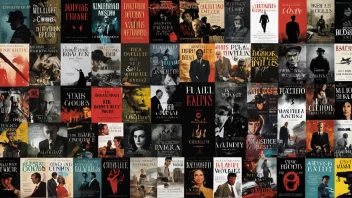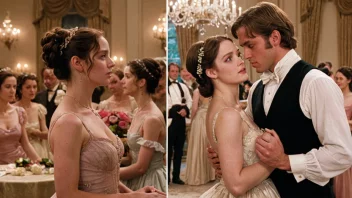Classic literature has long been revered for its ability to shape the moral values of society, often serving as a mirror reflecting the complexities of human nature and ethical dilemmas. In contrast, modern narratives, whether in contemporary fiction or popular media, offer new perspectives on morality that resonate with today’s audience. This article compares classic literature and modern narratives in their role of shaping moral values, examining their strengths, weaknesses, and the distinct ways they communicate ethical lessons.
Defining Classic Literature
Classic literature typically refers to works that have stood the test of time, often written several decades or even centuries ago. These texts are characterized by their universal themes, complex characters, and profound insights into human nature and society. Examples include works like Pride and Prejudice by Jane Austen, Moby Dick by Herman Melville, and Crime and Punishment by Fyodor Dostoevsky. They often explore moral dilemmas and societal issues, providing readers with a framework for understanding ethical behavior.
The Nature of Modern Narratives
Modern narratives encompass a wide range of genres and formats, including novels, short stories, films, and even digital storytelling. These works are often more accessible and relatable to contemporary audiences, reflecting current societal values and issues. Popular examples include The Hate U Give by Angie Thomas and the film Parasite directed by Bong Joon-ho. Modern narratives frequently address themes such as social justice, identity, and mental health, engaging readers in discussions about morality in a rapidly changing world.
Pros of Classic Literature in Moral Education
- Timeless Themes: Classic literature addresses universal moral questions that remain relevant across generations, such as the nature of good and evil.
- Complex Characters: The flawed characters often found in classic works allow readers to explore moral ambiguity, encouraging critical thinking about right and wrong.
- Cultural Insight: These texts provide insight into the historical context of moral values, helping readers understand how societal norms have evolved.
Cons of Classic Literature in Moral Education
- Language Barrier: The archaic language and cultural references can be challenging for modern readers, potentially alienating them from the moral lessons.
- Relevance: Some themes may feel outdated or irrelevant to contemporary societal issues, making it harder for readers to connect.
Pros of Modern Narratives in Moral Education
- Accessibility: Modern narratives are often written in a more relatable style, making them easier for readers to digest.
- Current Issues: They tackle contemporary moral dilemmas, encouraging readers to think critically about pressing social issues.
- Diverse Perspectives: Modern literature often includes diverse voices and experiences, enriching the dialogue around morality.
Cons of Modern Narratives in Moral Education
- Short-lived Impact: Many modern works may lack the enduring qualities of classics, leading to a more transient influence on moral values.
- Commercialization: The focus on entertainment and marketability can sometimes overshadow deeper moral lessons.
Comparative Analysis of Themes
Both classic literature and modern narratives explore themes of morality, but they do so in different ways. Classic literature often engages with existential questions and moral quandaries that require deep reflection, while modern narratives might present more immediate moral challenges that resonate with current societal issues.
Examples of Moral Dilemmas
In Crime and Punishment, Raskolnikov grapples with the justification of murder for a perceived greater good, prompting readers to reflect on ethics and morality in extreme circumstances. Conversely, in The Hate U Give, Starr Carter faces the moral implications of witnessing police brutality, encouraging a dialogue about social justice and activism.
The Impact on Readers
Classic literature often requires readers to engage thoughtfully with the text, fostering a deeper understanding of complex moral issues. In contrast, modern narratives can spark immediate emotional reactions, prompting readers to consider their values and beliefs in relation to contemporary challenges.
Conclusion
In summary, both classic literature and modern narratives play crucial roles in shaping moral values, each offering unique advantages and challenges. Classic literature provides timeless insights and complex moral explorations, while modern narratives present accessible and relevant discussions on contemporary ethical issues. Ultimately, readers may benefit from engaging with both forms, as each complements the other in fostering a comprehensive understanding of morality in literature.






